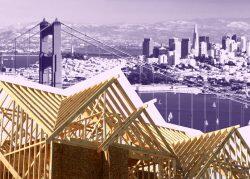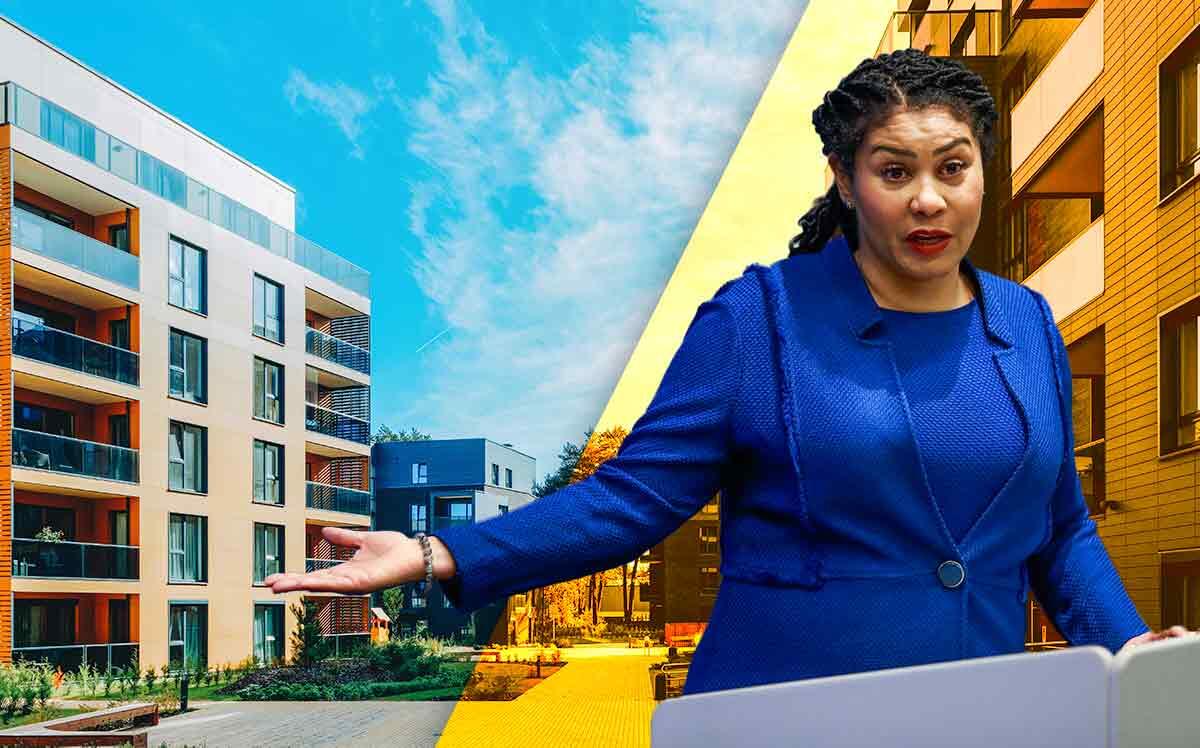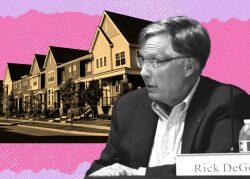 Applications to build new housing in San Francisco plummet to six-year low
Applications to build new housing in San Francisco plummet to six-year low
Trending
San Francisco $1.3B short on state-required affordable housing plan
Soaring construction costs, changes in funding set city back in quest to build 33K affordable units by 2030

The City of San Francisco will need cash – an additional $1.3 billion – to build enough affordable homes to meet its state housing goal.
City planners face a daunting task: how to pay for the construction of nearly 33,000 affordable units for very low-income and low-income families by the end of the decade, the San Francisco Chronicle reported. That’s out of the 82,069 homes it must foster to meet the state goal.
The goal stems from the “housing element” plan all cities across the state must submit as part of a Regional Needs Housing Allocation for 2023-2030.
San Francisco, among the highest priced housing markets in the nation, has an affordable housing problem.
In the current eight-year housing cycle, San Francisco launched 11,000 affordable units into its development pipeline, more than any city of comparable size. While the city exceeded its market rate goal by 151 percent, it managed to build only 48 percent of its affordable mandate.
Now the city struggles to build any housing at all.
For market-rate housing, development applications have nearly dried up as for-profit builders have postponed or canceled projects because they don’t pencil out financially. Market rate projects generated $208 million for affordable housing fees in the last five years.
For affordable housing, soaring construction costs have added millions of dollars in costs to many projects, which puts San Francisco at a disadvantage when competing against other California cities for affordable housing tax credits and bonds.
The problem might get worse. The city now faces a shortfall of $1.3 billion in order to meet the state-mandated affordable housing production requirements set to kick in next year, according to a report from the Mayor’s Office of Housing and Community Development.
The number swells each year – topping out at $2.4 billion by 2029.
Meanwhile, San Francisco has little or no money beyond the projects that are already in the planning or construction phase, according to Lydia Ely, deputy director of the Mayor’s Office of Housing and Community Development.
San Francisco faces a disadvantage because of a 2020 change in the way the state divides tax credits and affordable housing bonds, the two programs that pay for most low-income housing construction, she said.
Before 2020, San Francisco could count on getting an OK for all of its bond and tax credit applications.
Under the new system, the city is losing out to cities that have far cheaper construction costs and land value. Ely called the changes “the biggest threat to our production.”
She said construction costs have risen 25 percent in the past two years and every project that starts construction “is needing a couple of million more” from the city.
Other Bay Area cities may face a similar shortfall. San Jose, within a region with more $1 million homes than San Francisco, must build more than 62,000 homes, of which 24,000 must be affordable, according to state housing goals.. Atherton, considered America’s richest town, is struggling to find room for 350 townhomes, 150 marked affordable.
[San Francisco Chronicle] – Dana Bartholomew
Read more
 Applications to build new housing in San Francisco plummet to six-year low
Applications to build new housing in San Francisco plummet to six-year low
 America’s “richest” ponders townhomes to satisfy state housing goal
America’s “richest” ponders townhomes to satisfy state housing goal




